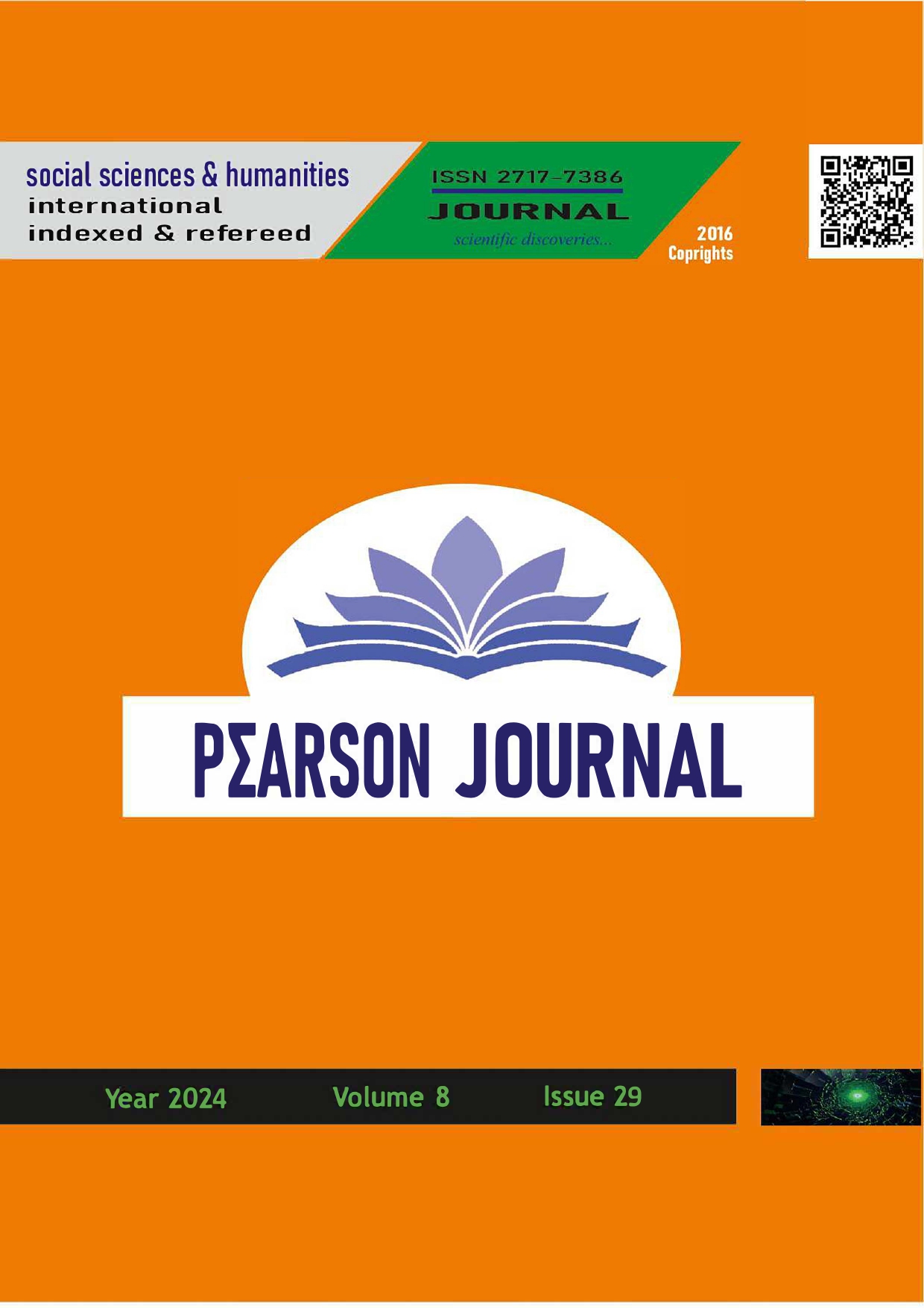Shaping Future Education: Teacher Assistant Artificial Intelligence
DOI:
https://doi.org/10.5281/zenodo.13384238Keywords:
Artificial Intelligence, Teacher Education, Educational Technologies, Student Motivation, Lesson PlanningAbstract
This study examines how 'Teacher Assistant Artificial Intelligence' seminars organized for teachers from various branches increased their awareness and knowledge of artificial intelligence technologies. The seminars, which lasted three hours each in four groups, aimed to teach teachers how to use AI tools in lesson planning, material creation, student assessment and motivation enhancement. The study was conducted with 66 teachers using qualitative and quantitative data collection methods.
Pre- and post-seminar questionnaires were used as data collection tools. The pre-seminar survey results showed that the majority of teachers had limited knowledge about AI technologies. The post-seminar questionnaires revealed a significant increase in their awareness and knowledge of these technologies. Teachers expressed positive opinions about the use of AI in lesson planning, material creation and student assessment processes. In addition, there was generally positive feedback about the content of the seminar and the understandability of the presentations.
The study shows that AI trainings contribute to teachers becoming more aware and competent in technology integration. As a result, it was seen that the use of AI technologies in education can provide significant benefits for teachers and students. Educational policies should encourage the integration of these technologies and provide the necessary training and resources for teachers to use these technologies effectively.
References
Chen, X., Xie, H., Zou, D. ve Hwang, G. J. (2020). Application and theory gaps during the rise of artificial intelligence in education. Computers and Education: Artificial Intelligence, 1, 100002.
Creswell, J. W. (2014). Research Design: Qualitative, Quantitative, and Mixed Methods Approaches (4th ed.). SAGE Publications.
Ertmer, P. A. ve Ottenbreit-Leftwich, A. T. (2010). Teacher technology change: How knowledge, confidence, beliefs, and culture intersect. Journal of Research on Technology in Education, 42(3), 255-284.
Field, A. (2018). Discovering Statistics Using IBM SPSS Statistics (5th ed.). SAGE Publications.
Holmes, W., Bialik, M. ve Fadel, C. (2019). Artificial Intelligence in Education: Promises and Implications for Teaching and Learning. Center for Curriculum Redesign.
Kim, C., Kim, M. K., Lee, C., Spector, J. M. ve DeMeester, K. (2013). Teacher beliefs and technology integration. Teaching and Teacher Education, 29, 76-85.
Liang, X., Su, X. ve Yao, Y. (2022). Exploring the effectiveness of Chat GPT in language learning. Journal of Educational Technology Development and Exchange, 15(1), 12-23.
Lu, X., Liu, J. ve Wang, Y. (2021). Chatbot-enhanced interactive learning in language education. Interactive Learning Environments, 29(4), 633-646.
Luckin, R., Holmes, W., Griffiths, M. ve Forcier, L. B. (2016). Intelligence Unleashed: An argument for AI in Education. Pearson.
Ran, H., Xie, X. ve Liu, D. (2019). AI-assisted feedback in EFL writing. Language Learning & Technology, 23(3), 53-68.
Teo, T. (2011). Factors influencing teachers’ intention to use technology: Model development and test. Computers & Education, 57(4), 2432-2440.
Zhai, X., Zhang, M. ve Li, M. (2020). The effect of chatbot on learning engagement in online education. Educational Technology & Society, 23(4), 77-88.
Zhou, Y., Chen, L. ve Xu, Y. (2021). Impact of AI-based language learning tools on students’ motivation and engagement. Educational Technology Research and Development, 69(5), 1201-1219.
Zhu, Z. T., Wang, G. J. ve He, L. Y. (2021). The impact of teachers’ AI literacy on AI education. Computers and Education: Artificial Intelligence, 2, 100010.
Downloads
Published
How to Cite
Issue
Section
License
Copyright (c) 2024 PEARSON JOURNAL

This work is licensed under a Creative Commons Attribution 4.0 International License.



